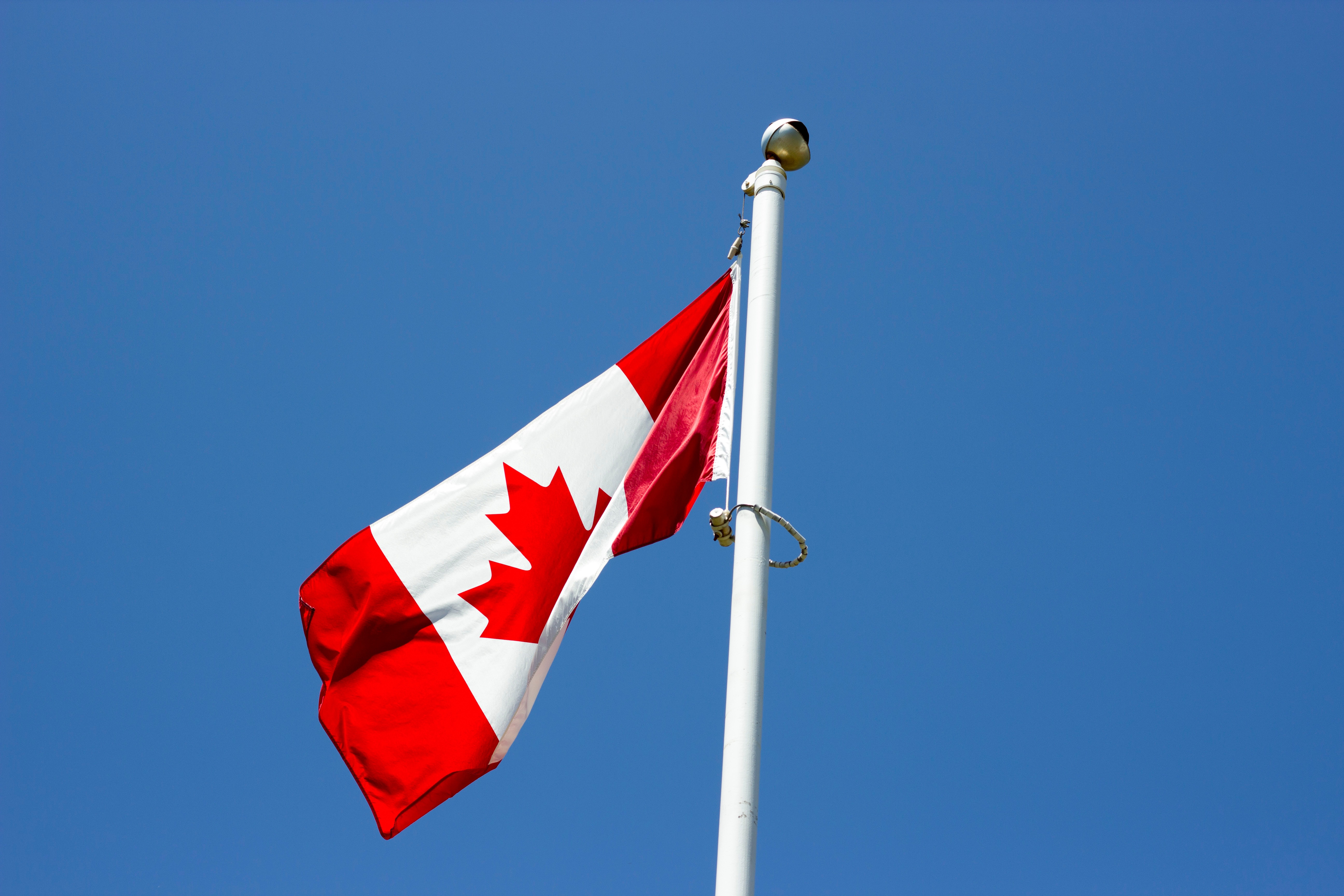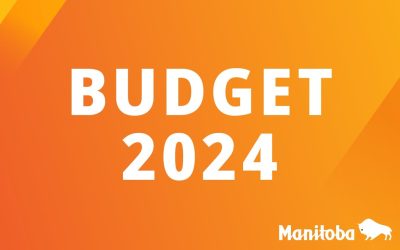Canadians may not be making much more money lately, but their governments certainly are.
The country’s taxpayers dished out 8 per cent more in personal income tax last year, filling government coffers to overflowing, Statistics Canada says.
Government surpluses, including those in the Canada and Quebec Pension Plans, totalled $26-billion in the 2005-06 fiscal year ended March 31, Statscan said. That’s the second-largest consolidated surplus in the past 20 years, and is $12.3-billion higher than the 2004-05 fiscal year.
Individual taxpayers are largely footing the bill, even though incomes are rising ever so slowly. Revenue from personal income tax climbed to $167.6-billion in the latest fiscal year from $155.2-billion the previous year.
That is a bigger leap than corporate tax revenue, even though corporate profits have also been soaring recently. Corporate tax revenue gained 7.5 per cent last fiscal year to $50.0-billion from $46.5-billion in 2004-05.
Because corporate profits have been growing by leaps and bounds, it is easier for governments to justify collecting more taxes.
The same can’t be said for wages and salaries. They’ve been growing by about 3 per cent over the past year, after being almost stagnant for much of the past decade.
Revenue from personal income taxes is rising, however, mainly because unemployment has plummeted, and that means more people are paying taxes.
“You’ve got more and more people working, and more people getting this 3- or 4-per-cent increase in income,” said David Perry, senior research associate at the Canadian Tax Foundation.
Since employment insurance payouts are declining at the same time as income tax revenue is going up, “altogether, it’s not a bad time to be a government,” Mr. Perry said.
Most governments are either cutting taxes or have put their tax rates on hold, added John Williamson, national director of the Canadian Taxpayer Federation, which lobbies against high taxes. But governments, especially Ottawa, are increasingly dependent on personal income as a tax base, he said.
He cites research by economist Dale Orr at Global Insight (Canada) Inc. indicating that, for every 10-per-cent expansion of the tax base, overall personal income tax revenue rises 12 per cent. As people make more money, they gradually drift into higher tax brackets, increasing governments’ take.
The findings imply “that if we’re going to keep the personal income tax burden constant, then every couple of years, we have to give people a break,” Mr. Orr said.
The numbers also indicate that taxpayers aren’t benefiting as much as they could from strong growth in the economy. And governments are benefiting more than they should, Mr. Williamson added.
“Where is the wealth going? It seems it’s actually going to governments,” he said. “It’s why individual families don’t feel like they’re getting ahead.”
The exception is the municipal level of government. Ottawa has had surpluses for nine years in a row, and some of them have been huge. Provinces have been up and down, but the provincial and territorial governments had a combined surplus of $6.6-billion in 2005-06, compared with $317-million a year earlier.
Local governments, on the other hand, recorded a combined deficit of $2.9-billion in 2005-06, more than double the previous year’s shortfall, Statscan said.
Transfers from provincial governments to municipalities have risen steadily, to $40.1-billion in 2005-06 from $22.1-billion in 1988-89, the agency calculates. That’s a rise of 81 per cent over 17 years.
But costs for municipal governments have been rising. Provincial transfers accounted for only 3.7 per cent of total local government spending in 2005-06, down from 5.2 per cent in the mid-1990s.


